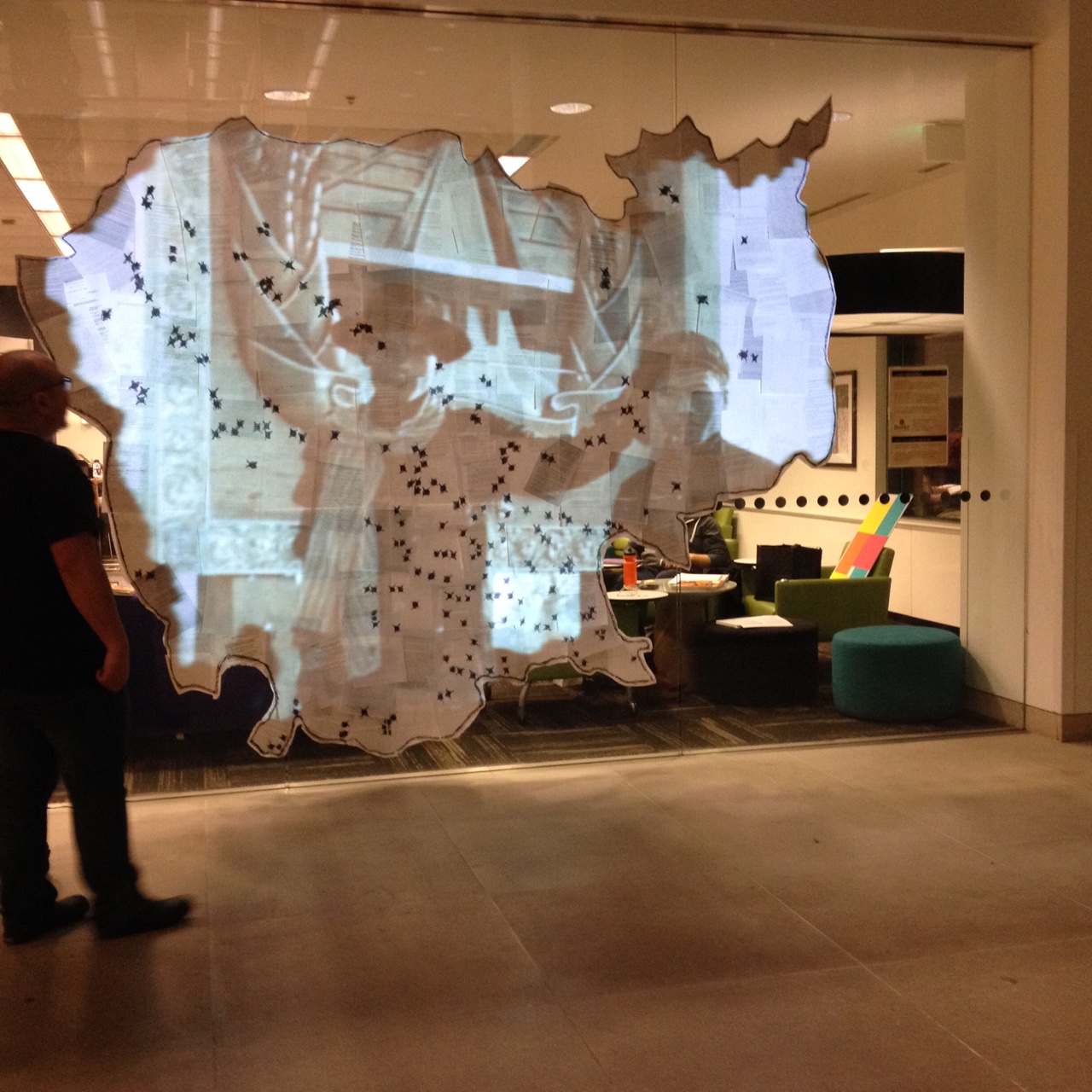With support from the Luce Initiative on Southeast Asia, a new project—housed at the University of Washington’s Southeast Asia Center—will pursue a range of activities to examine authoritarianism, reflecting American histories in the region, SEA histories in the U.S., and the current rise of anti-democratic populism. The initiative also seeks to engage Southeast Asian American audiences through community outreach, archival studies programs, and collaborations with other institutions to develop new curriculum, research, and pedagogies that reach across Southeast Asian and ethnic studies.
The Southeast Asia Center at the Henry M. Jackson School of International Studies and the Libraries at the University of Washington will spearhead a new initiative of innovative collaborations to explore the effects and consequences of authoritarianism in Southeast Asia and on Southeast Asian American communities in the United States.
The $1 million grant to deepen discourse on Southeast Asia was approved in June by the Henry Luce Foundation after a national competition seeking projects that will develop expertise, capacity and resources on Southeast Asia. At the UW, the Luce Initiative on Southeast Asia will attract underrepresented students, faculty, future librarians and the regional Southeast Asian American community to the project of engaging with Southeast Asian history, language and culture in new ways.
“We are excited to develop our work to engage scholars and students in the crosscurrents and interconnections between the U.S. and Southeast Asia,” said Celia Lowe, chair of the Jackson School’s Southeast Asia Center. “This grant will help build a vibrant and relevant future for Southeast Asian studies.”
Multiple UW departments will be involved in the four-year project, which will be administered by the Southeast Asia Center. UW Libraries and the Burke Museum will form innovative collaborative projects on healing and reconciliation from histories of violence and dislocation, while the UW Asian Languages & Literature Department will create a new faculty position to connect language study to meaningful community engagement.





